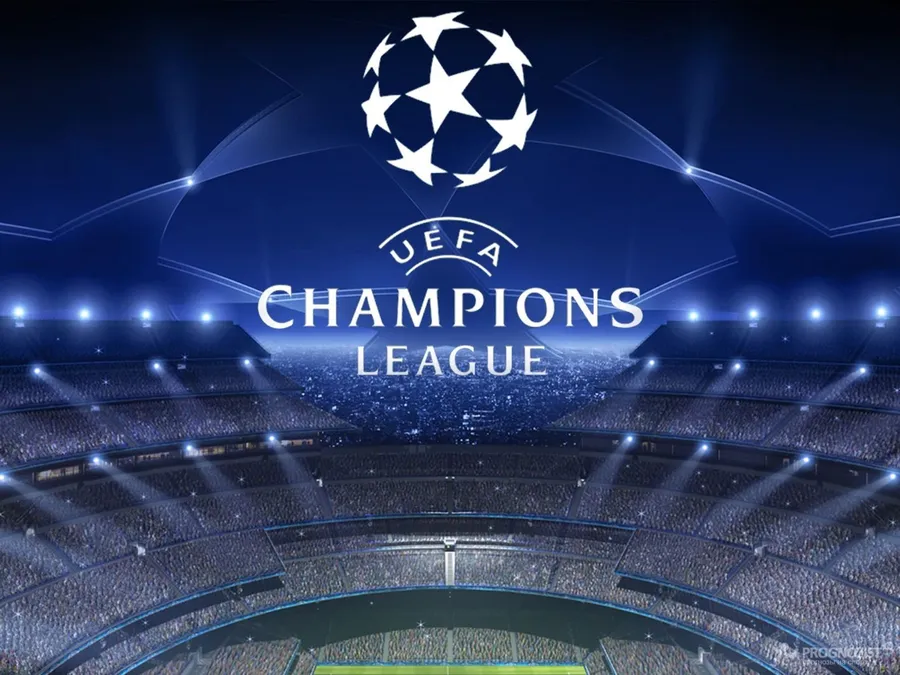The UEFA European Championship, commonly known as the Euro Cup, stands as one of the most prestigious tournaments in international football, showcasing the best talent Europe has to offer. With a rich history dating back to its inception in the 1960s, the Euro Cup has become a beloved tradition, captivating fans across the continent and beyond. Let’s delve into the origins of the Euro Cup and its evolution into the iconic event it is today.

Inception and Early Years:
The idea of a continental football tournament for European national teams was first proposed by Henri Delaunay, the general secretary of the French Football Federation, in the 1920s. However, it wasn’t until the 1950s that plans for such a tournament began to take shape. In 1958, the Union of European Football Associations (UEFA) officially announced the creation of the European Nations’ Cup, later renamed the UEFA European Championship.
First Edition (1960):
The inaugural UEFA European Championship took place in 1960, with just four teams participating in the tournament: the Soviet Union, Yugoslavia, Czechoslovakia, and hosts France. The tournament was played in a knockout format, with the Soviet Union emerging as the champions after defeating Yugoslavia in the final.
Expansion and Growth:
Throughout the 1960s and 1970s, the Euro Cup continued to expand, with more teams participating and the format evolving to include group stages and qualifying rounds. The tournament gained popularity among fans and players alike, providing a platform for European nations to showcase their footballing prowess.
Golden Era:
The 1980s and 1990s marked a golden era for the Euro Cup, with memorable moments and iconic matches etching themselves into footballing lore. The rivalry between nations such as Germany, Italy, the Netherlands, and France produced thrilling encounters and unforgettable finals, captivating audiences worldwide.
Format Changes and Expansion:
In 1996, the Euro Cup underwent significant changes with the introduction of the group stage format and the expansion of the tournament to include 16 teams. This allowed for more countries to participate and increased the level of competition, making the tournament even more exciting for fans.
Recent Years:
In the 21st century, the Euro Cup has continued to thrive, with each edition producing its share of drama, upsets, and memorable moments. The tournament has grown in scale and significance, with host nations investing heavily in infrastructure and security to ensure the success of the event.
Legacy and Impact:
The UEFA European Championship has left an indelible mark on the world of football, shaping the careers of countless players and inspiring generations of fans. The tournament has become a symbol of European unity and camaraderie, bringing together nations and cultures in celebration of the beautiful game.
Conclusion:
The UEFA European Championship, born out of a vision for continental football excellence, has grown into a global spectacle that captivates audiences with its passion, drama, and flair. From its humble beginnings in the 1960s to its current status as one of the most prestigious tournaments in international football, the Euro Cup stands as a testament to the power of sport to unite, inspire, and transcend borders.